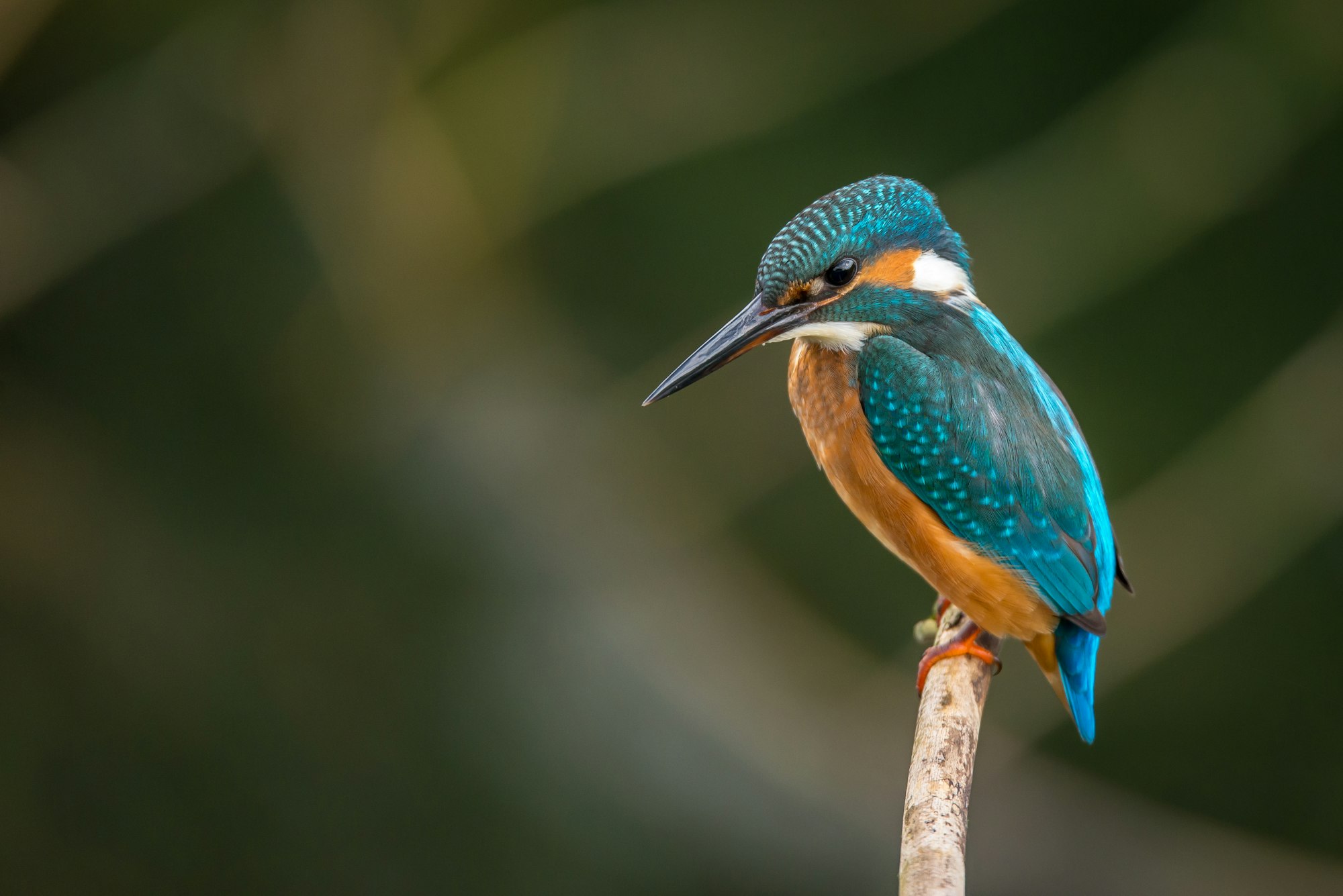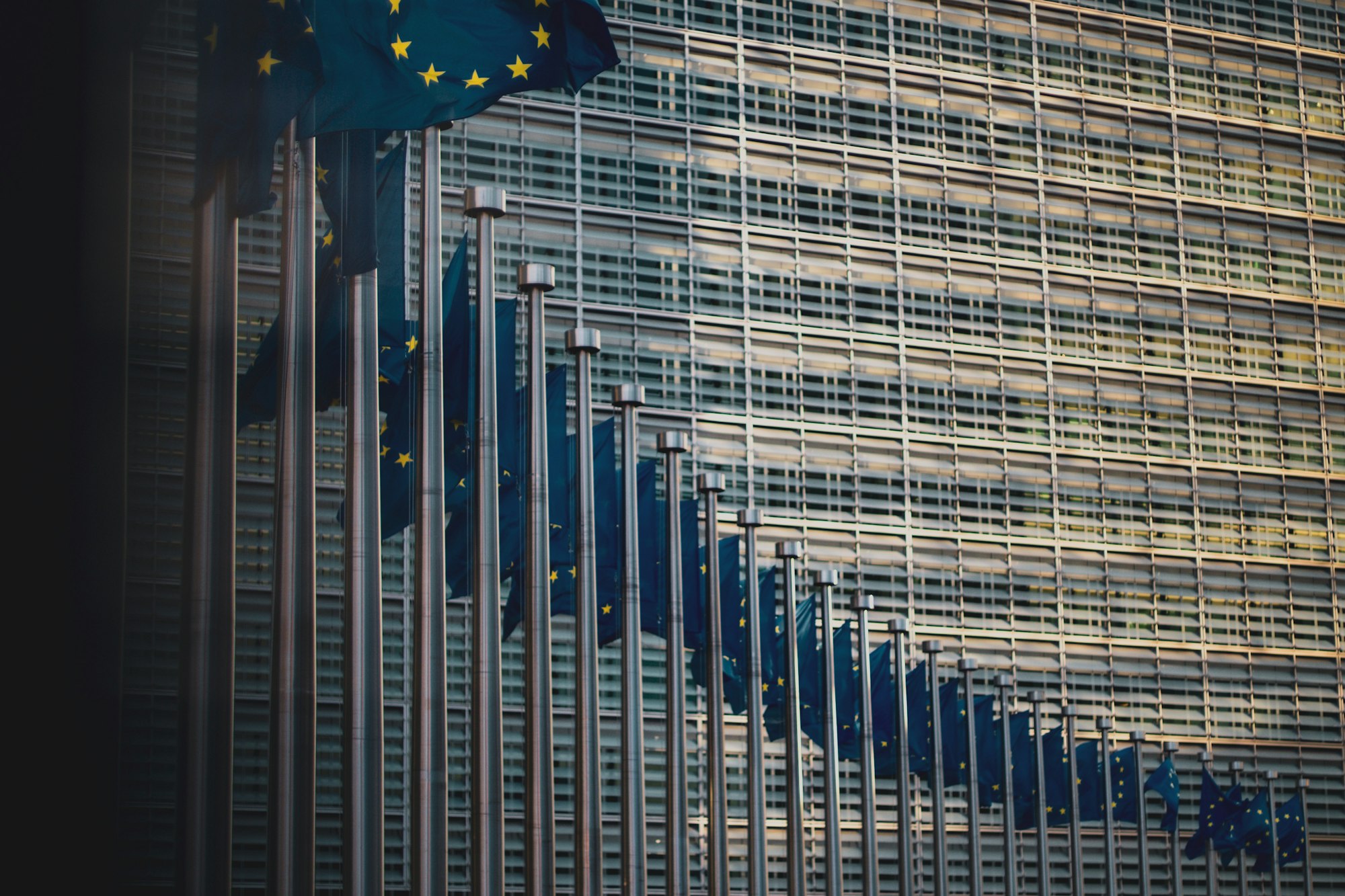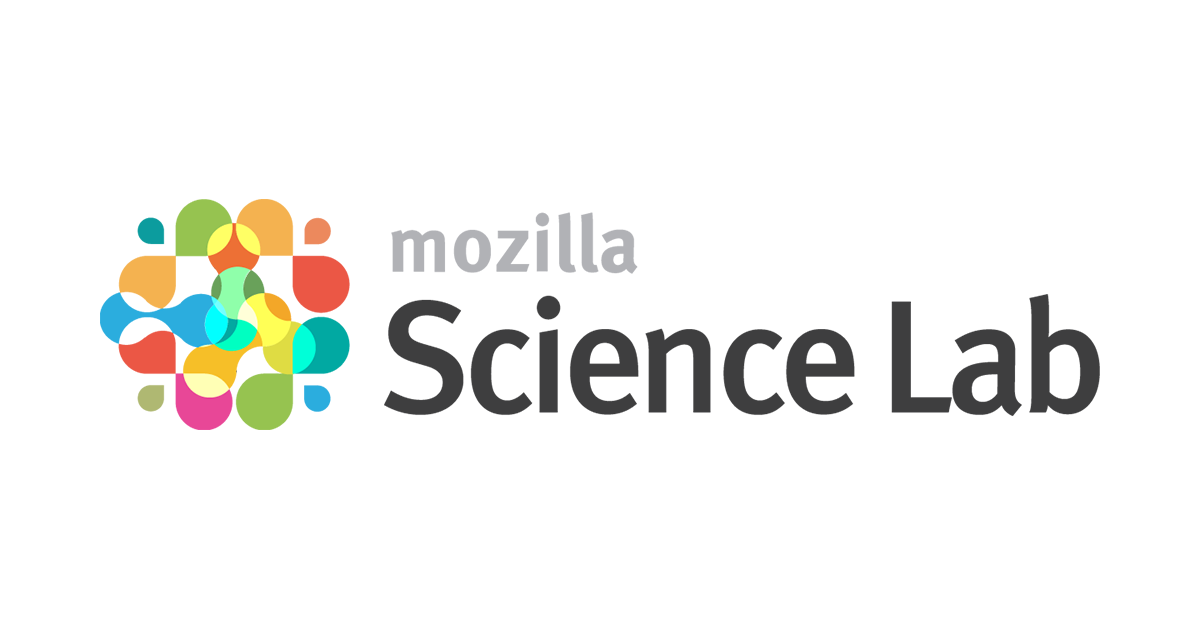
Inching towards the Dutch elections, increasing amounts of claims are being made about the (micro)targeting of different campaigns. Here are some: New Social Contract does not do any online ads. The Greens-Labour Party spent €323,000 - more than twice as much as the Democrats 66 (D66), who spent €153,000. The Think (Denk) Party is profiling for Turkish ethnicity. The senior 50PLUS party microtargeted on people who listen to Angerfist.








